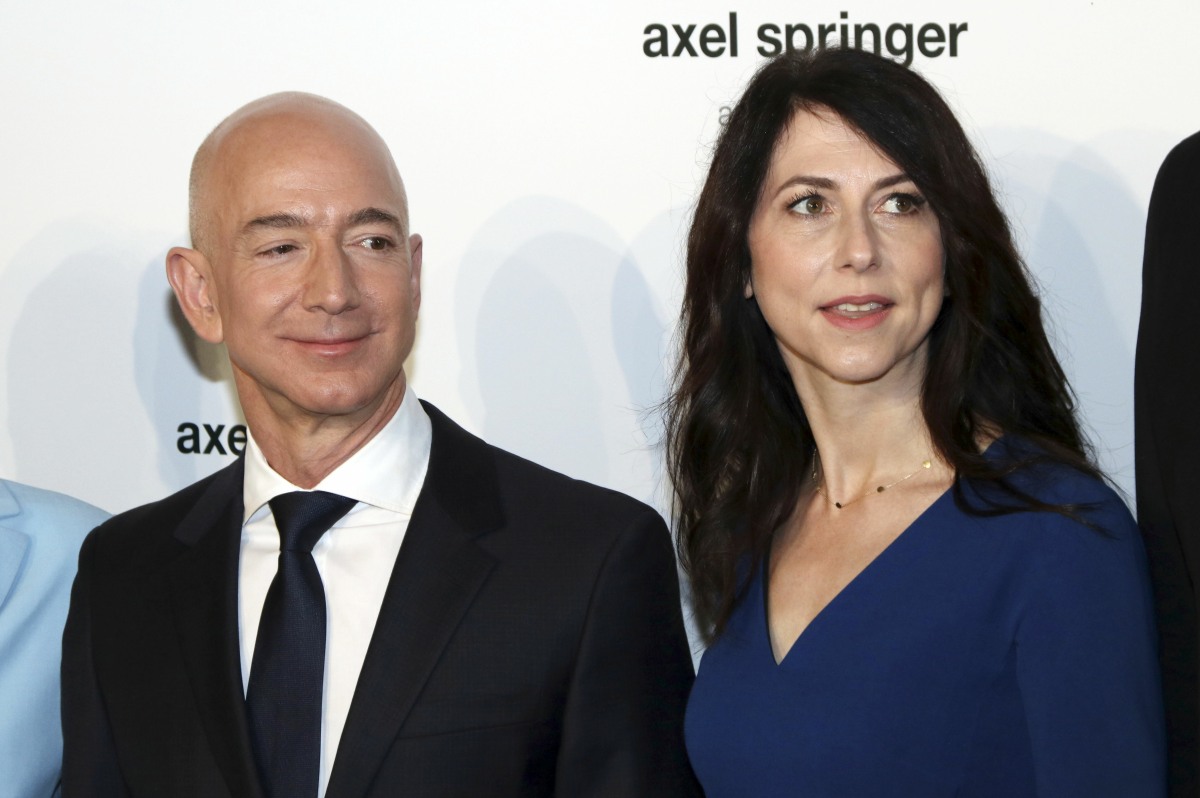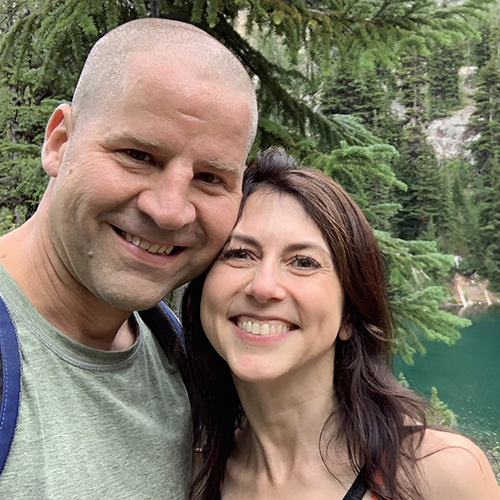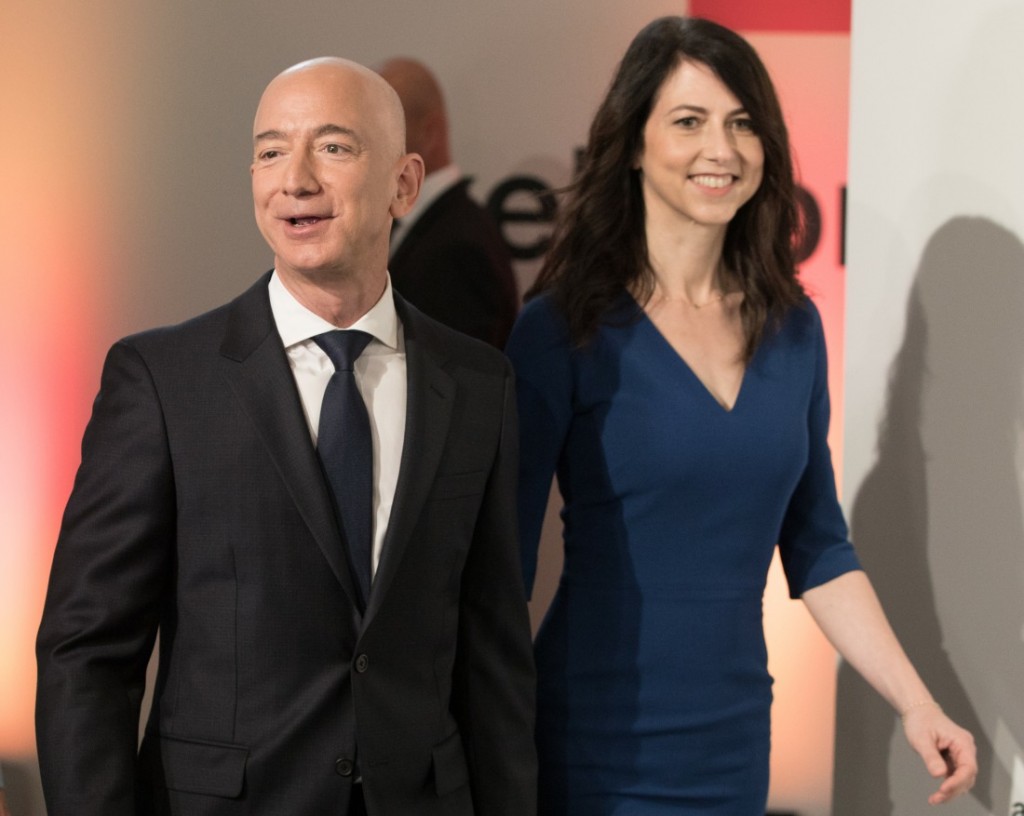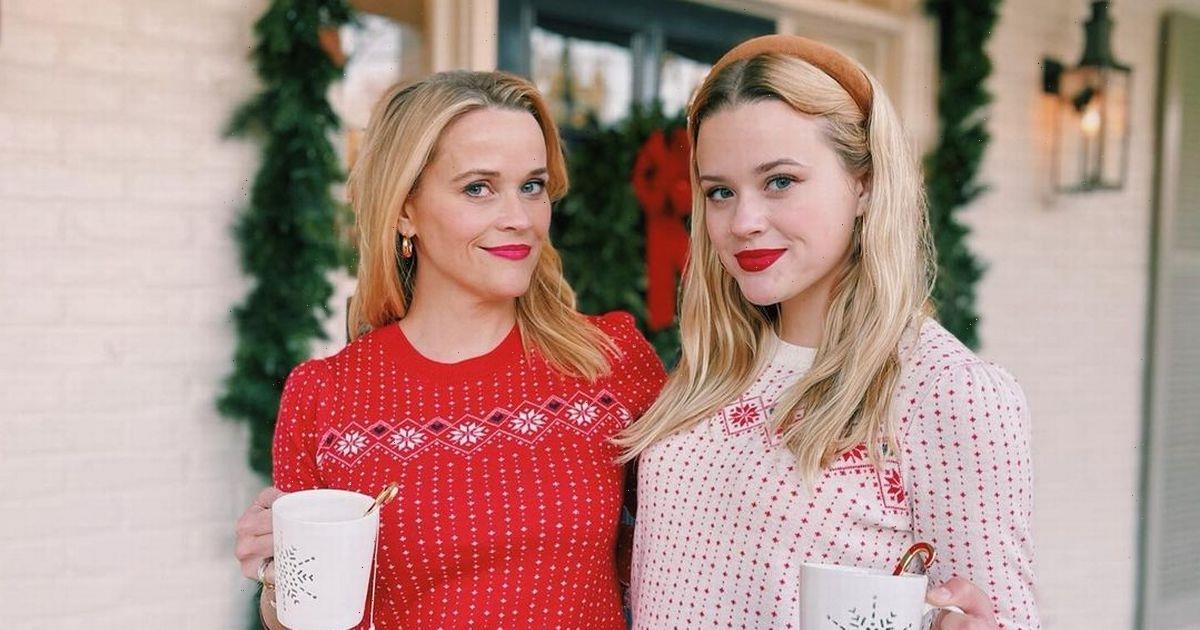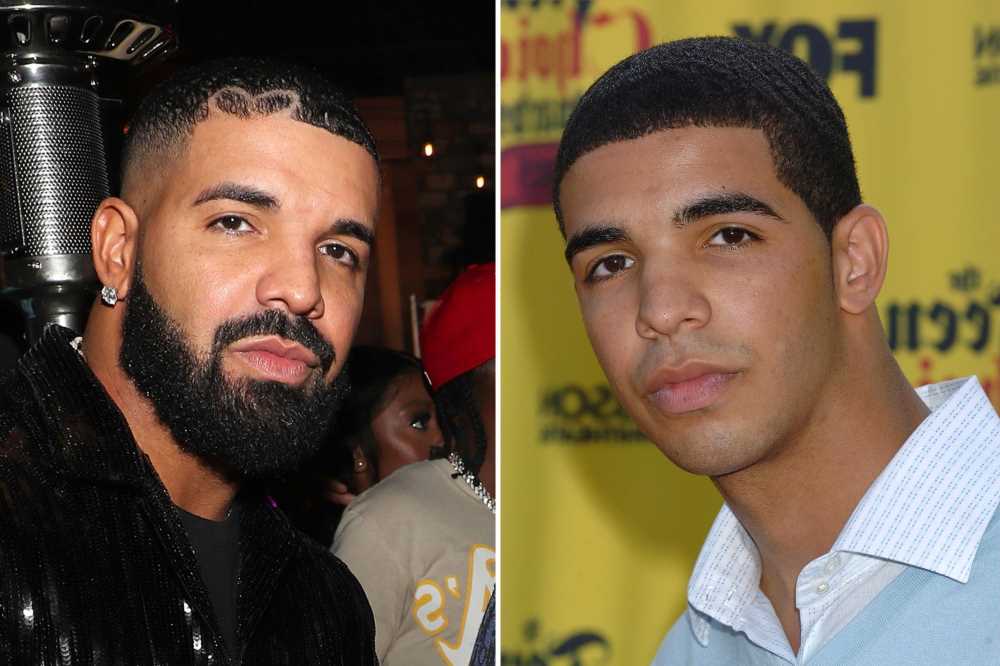For all the stunts Jeff Bezos is pulling – the space race, getting a yacht for his yacht, making sure his workers can’t unionize, his ex wife, MacKenzie Scott, is working hard to effect change. MacKenzie made headlines last year when she donated over $6 billion to charity in two rounds of giving. Her donations were some of the largest ever received by organizations including Historically Black Colleges and Universities, small YMCAs and local food banks. Recipients were given the money with no stipulations as to how it was spent, which is rare and so appreciated.
MacKenzie gave away the money with the help of a team of advisors. She recently posted about the fact that she’s dispersed $2.74 billion more to 384 organizations, however she and her team don’t want to be the center of the story. She wants the fact that wealth is concentrated at the top and that the system is inequitable to be the focus. She wants us to notice and help people and organizations like the ones she’s chosen. She made sure to donate to underserved communities where she could make the most difference. Here’s part of what she wrote, with more at the source. She opened with part of a poem from Emily Dickinson, Hope is the thing with feathers.
This pandemic has been a wrecking ball in the lives of Americans already struggling. Economic losses and health outcomes alike have been worse for women, for people of color, and for people living in poverty. Meanwhile, it has substantially increased the wealth of billionaires.
It would be easy for all the people who drew the long demographic straws in this crisis to hole up at home feeling a mix of gratitude and guilt, and wait for it to be over — but that’s not what’s happening. The proliferation of community fridges, COVID relief funds, impromptu person-to-person Venmo gifts, viral debt relief campaigns, and mutual aid initiatives has been swift and uplifting. In March, a 19-year-old girl in Chicago sent a group text to her friends suggesting they buy supplies for people in their neighborhood who had lost their jobs. She posted two Google forms — one for people who needed help and another for people with help to give — and by two days later they’d raised $7,000. “We’re really excited,” she said.
Me too.After my post in July, I asked a team of advisors to help me accelerate my 2020 giving through immediate support to people suffering the economic effects of the crisis. They took a data-driven approach to identifying organizations with strong leadership teams and results, with special attention to those operating in communities facing high projected food insecurity, high measures of racial inequity, high local poverty rates, and low access to philanthropic capital…
Though I’m far from completing my pledge, this year of giving began with exposure to leaders from historically marginalized groups fighting inequities, and ended with exposure to thousands of organizations working to alleviate suffering for those hardest hit by the pandemic.
[From Medium]
MacKenzie went on to detail the research process that her team used vet these organizations, which she lists with links at the end. She emphasized the human connections they made with recipients, and how they’re distributing the money with no string attached and without asking for an accounting of how it’s spent. She said that people’s responses to her and her teams generosity often made her and her coworkers cry. She’s such an impressive, lovely person. I wish more people from all walks of life were like her, including myself.
Here’s MacKenzie with her new husband, a Seattle science teacher who works at her sons’ school.
Source: Read Full Article

